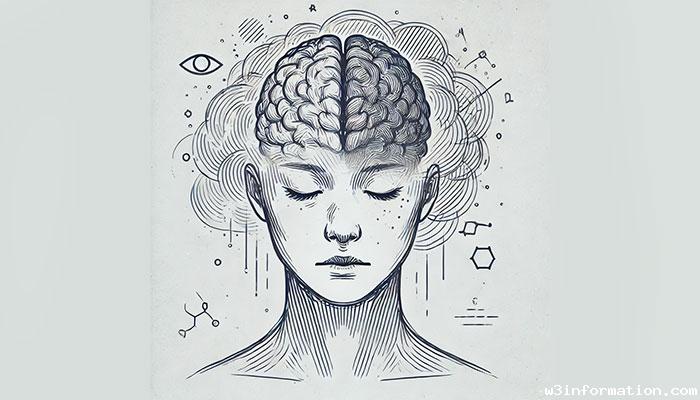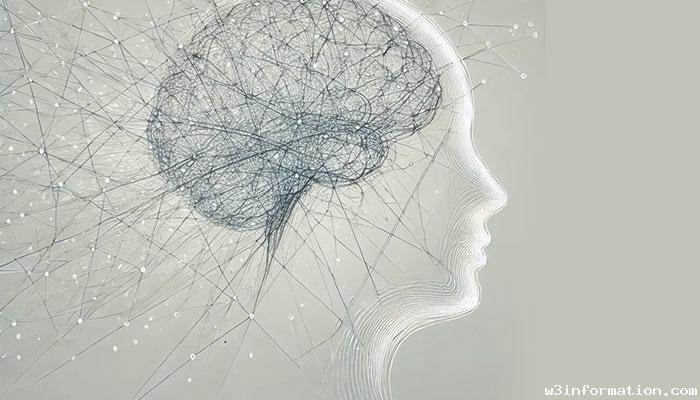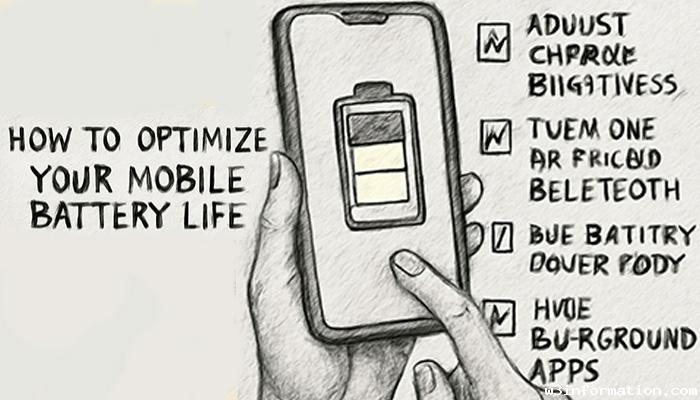How sleep deprivation affects brain function
Deprivation of sleep also has sweeping and persistent effects on the brain, compromising intellectual, emotional and physical function. Voici some of the main ways sleep deprivation effects the brain.
Cognitive Impairment
Reduced Attention and Focus: Lack of sleep causes the brain to become less able to pay attention and focus, leading to higher errors and slower reaction times.
Decrease in Memories: It takes sleep for recollection. Sleep deprivation affects short-term (working) and long-term memory since the hippocampus (which is also the site of memory) is unable to properly register and maintain information.

Difficulty in Making Decisions: People who are sleep-deprived are also more likely to make risky or spontaneous decisions because the prefrontal cortex, which is involved in thinking rationally and planning, is less active.
Emotional Instability
More Emotional Reactivity: Sleep deprivation increases activity in the amygdala (the emotional center of the brain) which leads to irritability, stress, and overreaction to negative stimuli.
Affected Emotional Control: Because the prefrontal cortex is not working as effectively, emotions are mis-controlled, which increases moodiness and emotional volatility.
Decreased Problem-Solving and Creativity
Creative thinking, problem-solving and problem-solving ability suffer from poor neural communication between brain areas (prefrontal cortex, say) and other parts of the brain.
Impaired Learning
It is a form of sleep, especially deep sleep and REM (rapid eye movement) sleep, that’s vital to neural plasticity (how well the brain learns). Lack of sleep breaks up these phases, making it difficult to learn and remember new information.

Neurological Effects
Diffuse Connectivity: Chronic sleep deprivation breaks synaptic connections between neurons and renders the brain less capable of transmitting information.
Consistent Toxin Buildup: The brain flushes out metabolic wastes, such as beta-amyloid, a precursor for Alzheimer’s disease, while we are sleeping. Lack of sleep disrupts this cleaning process and could even put you at higher risk for neurodegenerative disease.

Fatigue and Microsleeps
Brains without enough sleep go into "microsleeps" (short, unresponsive sleep spells) when awake, and can dramatically compromise functions and even be dangerous to drive in.
Long-term Consequences
Long-term sleep loss increases the risk of psychiatric illness (depression, anxiety), neurodegenerative disease (Alzheimer’s, Parkinson’s) and vascular disorders (hypertension, diabetes, and so on, which also impact the brain).
Conclusion
You must sleep to have a healthy brain. Sleep deprivation has short-term effects and long-term neurological consequences, so sleep should always be a top priority.
 Mobile Security: Tips to Keep Your Phone Safe
Mobile Security: Tips to Keep Your Phone Safe
 Top Mobile Apps for Productivity
Top Mobile Apps for Productivity
 How to Optimize Your Mobile Battery Life
How to Optimize Your Mobile Battery Life
 Mobile Gaming: The Best Games in 2025
Mobile Gaming: The Best Games in 2025
 Comparing iOS vs Android
Comparing iOS vs Android
 The Future of 5G in Mobile Phones
The Future of 5G in Mobile Phones